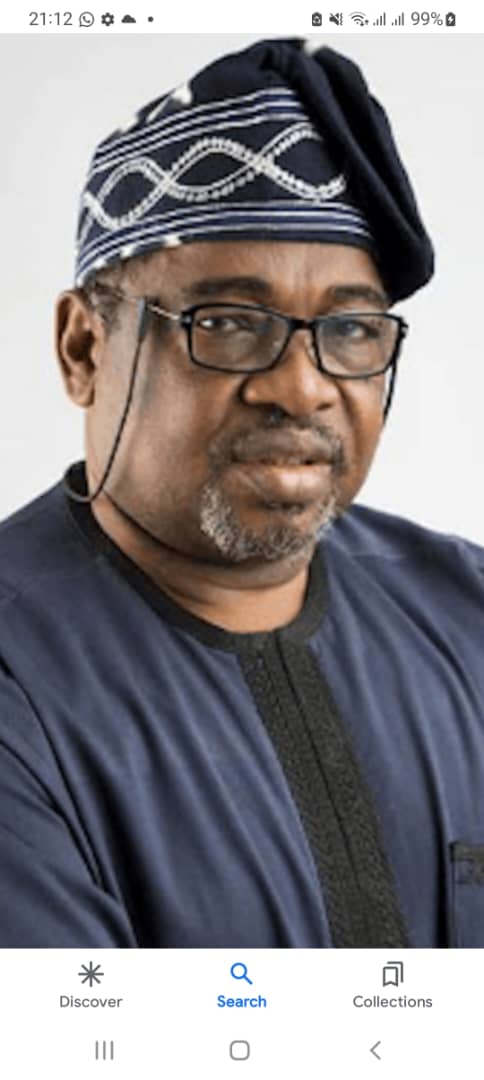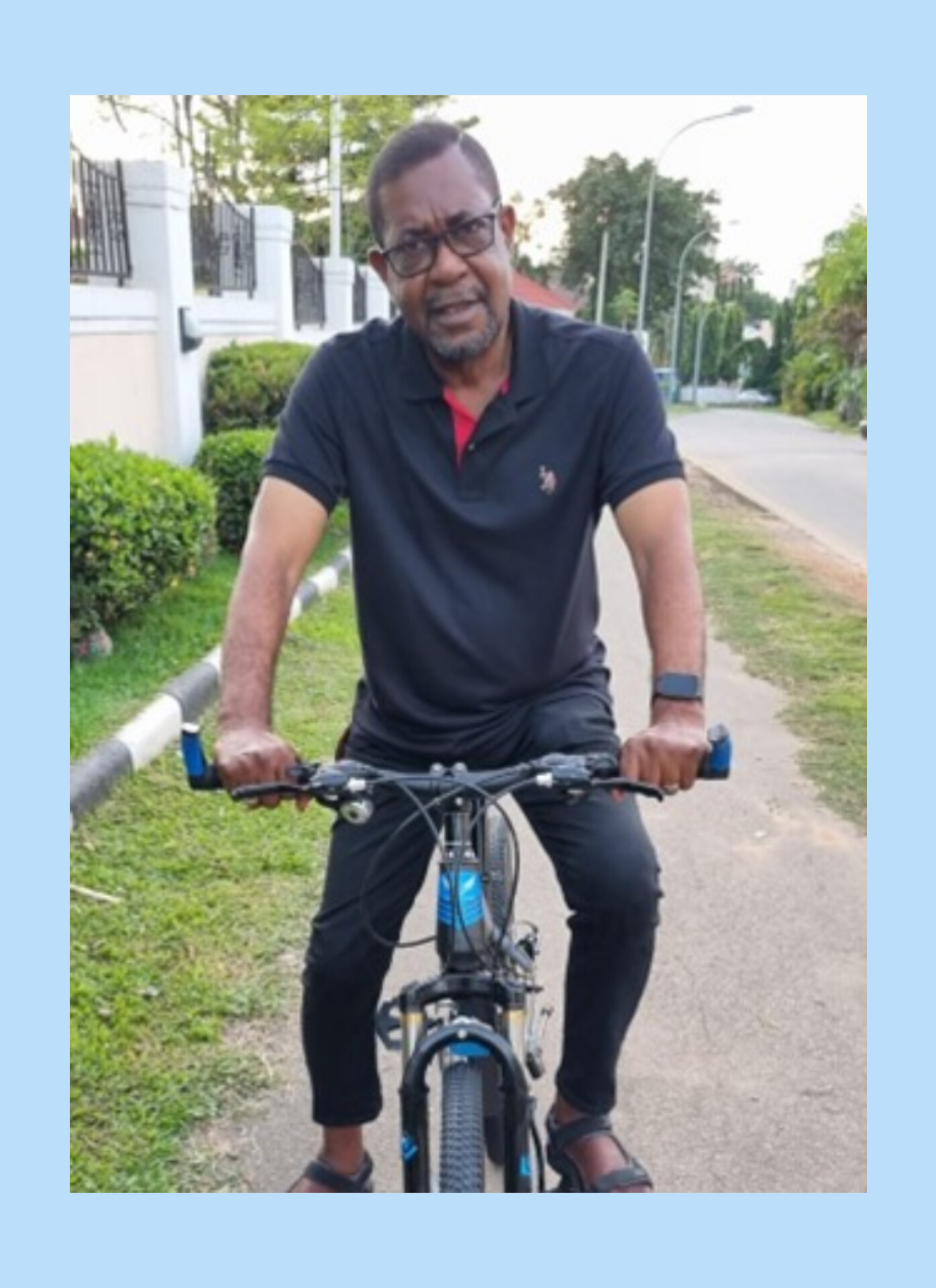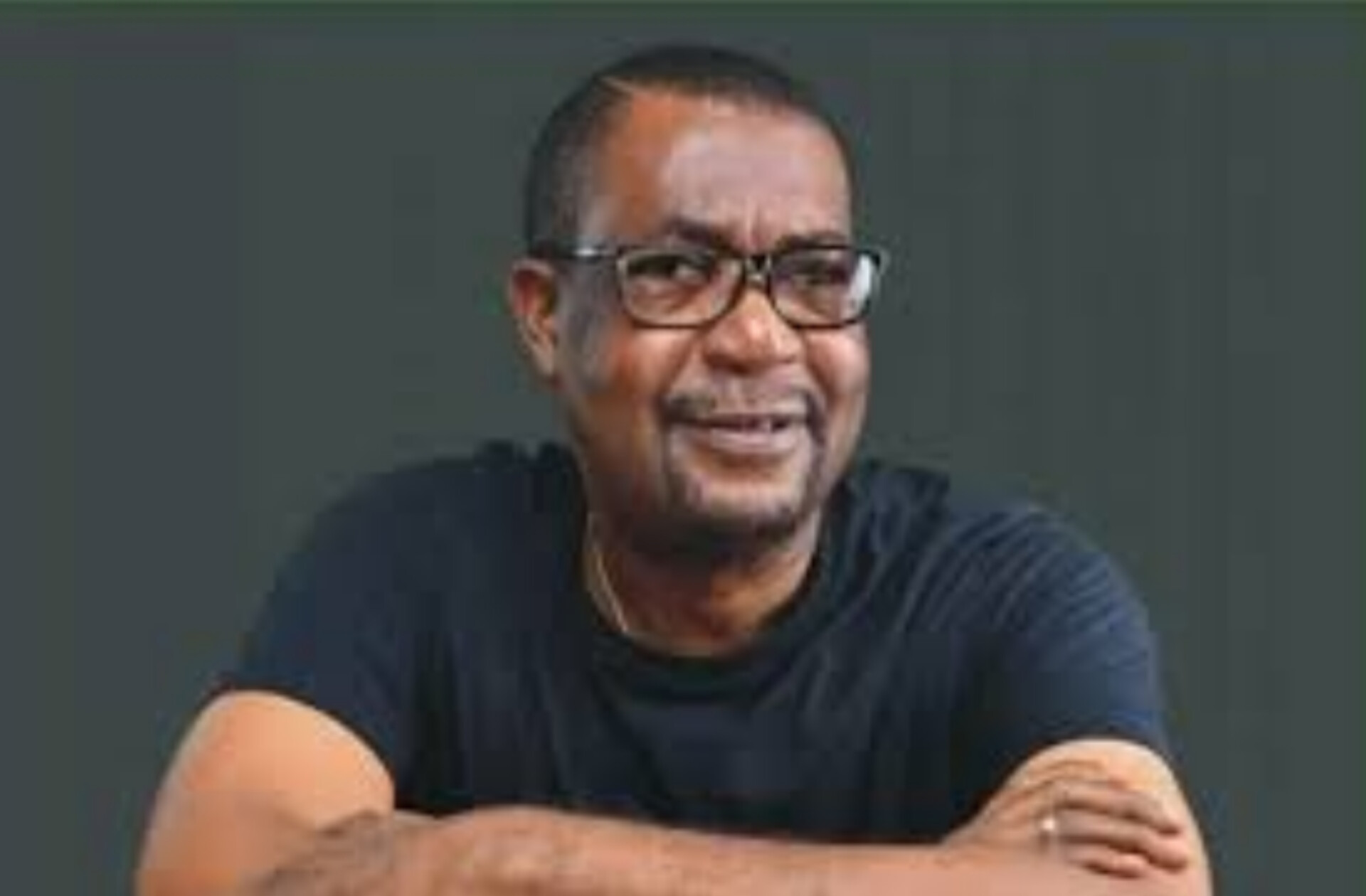By Tunde Olusunle
Samuel Ioraer Ortom’s name without doubt, is one of the most well-known in Nigeria’s subsisting democratic dispensation. The Benue State helmsman is something of a “comrade governor,” who is well-spoken, vocal and activist.

He is never shy of baring his mind on issues of fairness, equity and justice. He reminds you of Adams Oshiomhole, the hitherto khaki-wearing trade unionist, turned governor of Edo State. His voice was recognisably loud and clear in the ears of the public and the government at the centre, even when he was chief executive of his home state. I can’t forget the scene of the near fisticuffs Oshiomhole engaged with Mohammed Adoke, SAN, attorney-general and justice minister under the Goodluck Jonathan presidency, sometime in 2012.


Oshiomhole’s beloved principal secretary, Olaitan Oyerinde, also a foremost unionist, was murdered in his home in Benin City, early May 2012. The investigation process seemed to drag forever and Oshiomhole angrily confronted Adoke, the nation’s number one law officer months later, about the snail-pace of the interrogation. Attendees at the chambers of the federal executive council in the State House where the incident happened, had to come between both men. Watching Ortom fume at airforce officers at Airforce Base in Makurdi last February for denying him access to Vice President Yemi Osinbajo who was transiting through the facility to Wukari, Taraba State, re-echoed the Oshiomhole/Adoke saga.
Much as you will hear Ortom’s voice on developments in politics, governance and administration nationally, there is a reticent streak about his noise levels, concerning his own endeavours. His background as a multitasking business man and entrepreneur, has taught him requisite shrewdness which he applies to the business of governance.

He does a mental aggregation of the cost of staging a ceremony to inaugurate a completed project, and checks what other pressing need can be addressed with the vote for such fanfare. He has therefore opted for informed conservatism on matters related to self-promotion, preferring to work quietly and deliver on his developmental vision. The visit of Ortom’s “G-5” colleagues to Benue State early November 2022, opened the astonished eyes and astounded lips of the world to certain accomplishments of his administration, in his seven and half year stint in office.
Except you were a wary, circumspect resident of Makurdi the Benue State capital, the dominant, self-introducing structure which was sprouting on the immediate outer circumference of Government House, would have passed for just another building. Located to the right, en route “Makurdi Waterworks,” the building sits with uncommon elan, its backside overlooking the “Benue River” in the proximal distance. The complex retained its mystique even when its name, BENGIS Service Centre was plastered on its forehead. Frenetic completion works, installation of kerbs, grassing, cleaning, test running of equipment, red-carpeting, in days preceding Monday December 12, 2022, gave insights into the place of the project in the grand vision of the Ortom administration. The “Benue Geographic Information Service Centre,” (abbreviated BENGIS), had been birthed! The state had thus joined select Nigerian states and entities which have subscribed to the deployment of digital instruments for enhanced efficiency and effectiveness in land administration. These include: the Federal Capital Territory, (FCT); Lagos, Niger, Bauchi, Cross River, Edo, Gombe, Kaduna and Nasarawa, among others.
The colourful commissioning of the project was transmitted on live television to underscore how much value the Ortom administration places on the BENGIS initiative. Benue State commissioner for lands, survey and solid minerals, Bernard Aondoaver Unenge, recalled the groundbreaking of the project September 30, 2000. He explained that the concept deploys information communication technology, (ICT), through digital platforms and software for seamless management of land administration. He noted that the technology will accelerate the processing of certificates of occupancy, (C of O); efficient land recertification; regularisation and registration of titles and warehousing of documents in soft copies and hard copies.
Unenge equally noted that the new technology will automate transparency in revenue generation, by eliminating leakages at various junctions. He announced to the delight of the audience at the inauguration of the new facility, that the duration for the receipt of certificates of occupancy, (C of O), will henceforth be between 30 days and 60 days. The project he noted, is fitted with “high-tech state-of-the-art-facilities, comparable to the most up to date anywhere in Nigeria. He expressed delight that in spite of delays occasioned by COVID-19 and the prevailing economic situation, the Ortom government remained focused and committed to the conclusive completion and operationalisation of the project. He saluted Ortom’s vision in the holistic reformation of land management in Benue State.
Ortom while delivering his speech, said the delivery of the project could not have come at a better time, given the increasing importance of land assets in the socioeconomic development of the people of the state. He noted that feedbacks he received during the test run of the facility, suggested that the challenges encountered by his constituents on land management, had been largely reduced. According to him: “Since the commencement of the BENGIS Project, the land digitisation initiative has greatly improved improved urban planning, infrastructure development and environmental management. Investors are also increasingly encouraged.” Gone are the days of rat-eaten, rain-worsted, oil-soiled files and land folios, gathering dust, moisture and cobwebs in the shelves of government offices. There will no more be incidents of files growing wings and flying to space.
The Benue State governor observed with utmost delight, that: “With the commissioning of the historic project, we have achieved global best practices in land administration. I am optimistic that this project will attract the World Bank’s grant of USD 2.5 million, through the “States Fiscal Transparency, Accountability and Sustainability, (SFTAS) Programme. This will be diligently applied to developmental projects in the state.” Ortom who noted that a princely sum of N6.5 Billion was expended on the project, noted that BENGIS will operate throughout Benue State, as it will have additional service points in important towns in the state, notably Gboko, Otukpo and Adikpo. He admonished owners of all residential and commercial properties in the state capital, Makurdi, and sociocultural headquarters like Gboko and Otukpo, to subject to recertification of their titles within six months.
Leader of the “G-5” governors who have subsisting issues with the main opposition party, the Peoples’ Democratic Party, (PDP), Nyesom Ezenwo Wike of Rivers State, was the special guest of honour at the programme. He commended Ortom’s vision and consciousness in the conception and completion of the project, despite the generally unfriendly national economic situation. He observed that whereas some of his governor colleagues were perennially bemoaning the insufficiency of monthly allocations and accruing resources, Ortom was practically squeezing water out of stone to serve his people. Wike reminded the audience that the people of Benue North West have requested Ortom to proceed to Abuja to serve them as their Senator, upon the completion of his gubernatorial assignment. He counselled that all Ortom’s opponents from other political parties contesting the senatorial position with him, should drop their ambitions. Ortom, according to him, has done very well.
For an administration in its final months, the commissioning of BENGIS attracted several dignitaries including royalties, parliamentarians, (from the federal and state legislatures), members of the state executive council and political leaders. The Tor Tiv, James Ortese Iorzua Ayatse, (a respected professor) was represented, while the Och’Idoma, John Elaigwu Odogbo, (hitherto a revered clergyman) attended the event. Deputy Governor of the state, Benson Abounu; senator representing Benue South, Patrick Abba Moro; and members of the House of Representatives including: Bem Benjamin Mzondu; John Dyegh; Robert Aondona Tyough; Ottah Francis Agbo, were present. Deputy Speaker of the State House of Assembly, Chris Adaji; Secretary to the State Government, Anthony Ijohor; Head of Service, Veronica Onyeke; Chief of Staff to the Governor, Tivlumun Nyitse, attended the event. Benue State Secretary of the PDP, Bem Zoho and Information Adviser to Ortom, James Uloko, graced the event.
Facilities in BENGIS include: the arrival hall/reception desk; conference rooms; equipment and hardware rooms; offices, among others. The outfit will, in addition to the aforementioned benefits, assist with the digital area mapping of the state; identification of solid mineral resources; elimination of land speculation and boosting the real estate sector. It will also enhance the identification and collection of revenues and dues, including ground rents, C of O fees and other land charges. BENGIS will facilitate the computer-based decentralisation of land management, courtesy of the establishment of zonal centres. Importantly too, it will be useful in locating and classifying swathes of land based on their suitability for crop cultivation, forestry, mining and other uses. Individually and collectively, these will enhance sustainable development and economic and budgetary planning, among others.
Tunde Olusunle, PhD, poet, journalist, scholar and author, is a Member of the Nigerian Guild of Editors.




